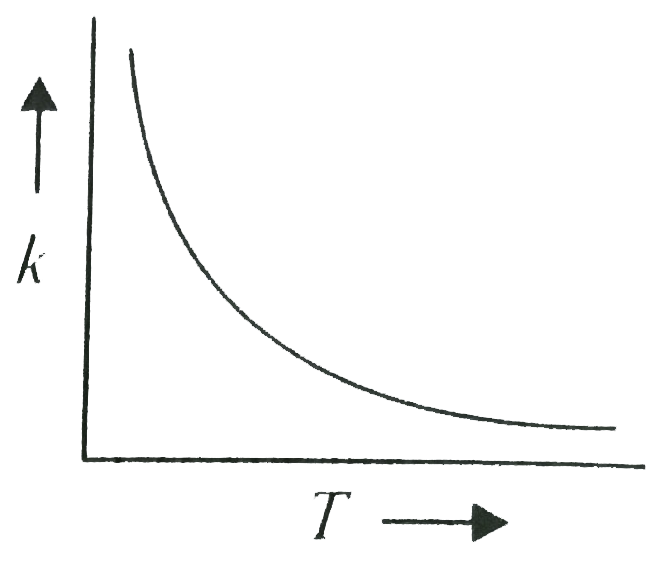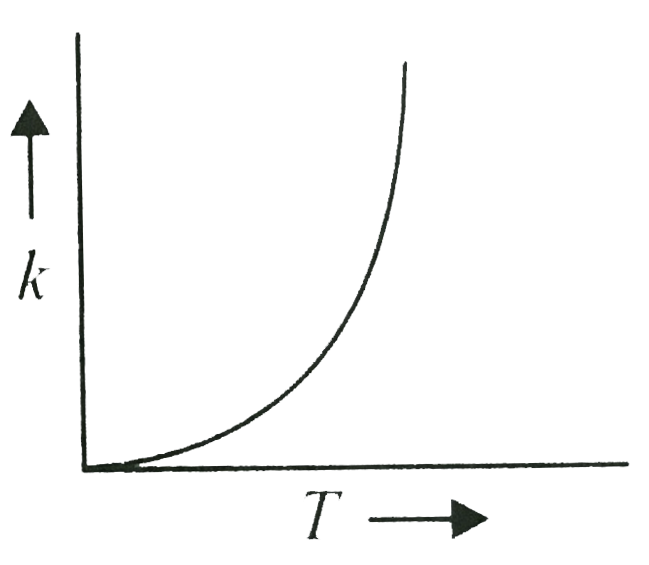In Arrhenius equation k=Ae−Ea/RT), A is the value of the rate constant
A
when Ea>RT
B
at0∘C
C
at absolute zero (0K)
D
when the temperature is infinite
Video Solution
Text Solution
The correct Answer is:D
In Arrhenius equation, k=A , when e−Ea/RT=1 . This happenes only when Ea/RT=0 which is possible if either Ea=0 or T is infinite.
|
Updated on:21/07/2023
Topper's Solved these Questions
- BOOK - R SHARMACHAPTER - CHEMICAL KINETICSEXERCISE - Archives39videos
CHEMICAL KINETICS
- BOOK - R SHARMACHAPTER - CHEMICAL KINETICSEXERCISE - Follow-up 62videos
CHEMICAL KINETICS
- BOOK - R SHARMACHAPTER - BIOMOLECULESEXERCISE - Archives47videos
BIOMOLECULES
- BOOK - R SHARMACHAPTER - CHEMISTRY IN EVERYDAY LIFEEXERCISE - Archives11videos
CHEMISTRY IN EVERYDAY LIFE
Similar Questions
Knowledge Check
- Question 1 - Select One
In Arrhenius equation , K=Ae−Ea/RT . The A is
Afraction of collisionBfrequency factorCcollision frequencyDCollision factor - Question 2 - Select One
In Arrhenius equation , K=Ae−Ea/RT . The A is
AActivation energyBEnthalpy of reactionCFree energy of reactionDRate constant of the reaction at infinite temperature - Question 3 - Select One
The rate constant of most of the reaction increases with increase in temperature. According to the Arrhenius equation,k=Ae−Ea/RT. The curve of rate constant 'k' against temperature 'T' will be.
A B
B C
C D
D
In the Arrhenius equation, k=Aexp−Ea/RT, A may be termed as the rate constant at…………. .
View SolutionIn Arrhenius equation k=Ae−Ea/RT), A is the value of the rate constant
View SolutionIn Arrhenius equation k=Aexp(−EaRT). A may be termed as the rate constant at
View SolutionIn Arrhenius equation , k=AeEaRT , A may not be termed as rate constant .
View SolutionIn the Arrhenius equation: k=Aexp(−Ea/RT), the rate constant
View Solution

